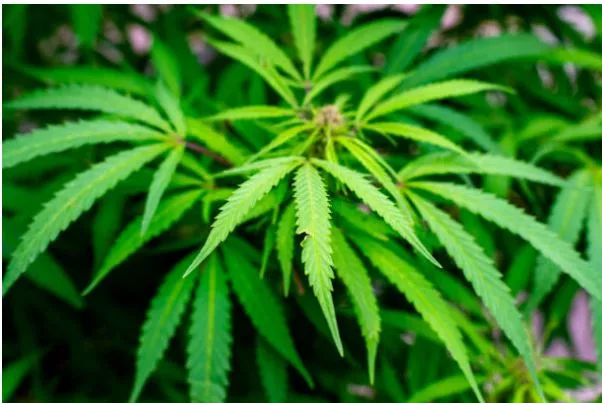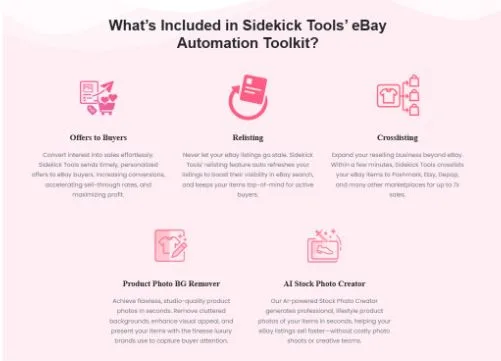Texas Medical Marijuana Expansion 2025: What You Need to Know
In 2025, Texas made one of the most significant changes to its medical marijuana law in a decade. With the signing of House Bill 46 (HB 46) by Gov. Abbott, the Texas Compassionate Use Program (TCUP) has expanded dramatically—from a restrictive program with limited reach to a more inclusive system that grants relief to thousands more patients across the state. Here’s a comprehensive breakdown of what changed, what’s coming, and how this affects Texans seeking legal access to medical cannabis.
What Changed: Key Updates to TCUP Under HB 46Expanded Qualifying Conditions
HB 46 adds several new patients to the eligibility list. Starting September 1, 2025, Texans diagnosed with any of the following may now qualify:
- Chronic pain (continuous or intermittent pain lasting over 90 days)
- Traumatic brain injury (TBI)
- Crohn’s disease and other inflammatory bowel diseases (IBD)
- Terminal illness or those receiving hospice/palliative care
Existing approved conditions also include ALS, autism, cancer, epilepsy, PTSD, multiple sclerosis, spasticity, seizure disorders, and other conditions approved by research protocols.
Updated THC Limits & Dosing Rules
Texas shifts from the overly restrictive “less than 1% THC by weight” to a more practical format: up to 10 mg THC per dose, with a maximum of 1 g THC per package.
More Product Options
New methods of delivery now include: inhalers, vaporizers, nebulizers (doctor-approved), lotions, patches, and suppositories. Smokable cannabis remains banned.
Enhanced Prescription Flexibility
Prescriptions are now valid for a full year, with up to four 90-day supply refills—a huge improvement for continuity of care and convenience.
Expanded Dispensary Network
The state will grow from just three dispensaries to 15 licensed medical cannabis dispensing organizations. Satellite locations are allowed with Department of Public Safety (DPS) approval, easing access across large distances.
Why This Matters: Context & Impact
A Milestone Reform
Texas joins the ranks of states with more inclusive medical cannabis access—HB 46 is the largest TCUP expansion since 2015, and makes Texas the 40th state with a medical cannabis program.
Public & Patient Support
A poll reveals that 91% of cannabis consumers believe medical marijuana is effective for treating chronic pain 65% “very effective,” and 26% “mildly effective”. Advisory groups and veterans’ advocates also played a critical role in urging HB 46’s passage
Legal & Political Landscape: Hemp vs. Medical Cannabis
Vetoed THC Ban
During the same legislative period, Senate Bill 3 (SB 3) which would have banned all consumable hemp-derived THC products was vetoed by Gov. Abbott in June 2025. He preferred a regulatory approach over prohibition
Ongoing Hemp Regulation Debate
A special legislative session considered new rules, not bans, for hemp-derived THC products. Abbott’s vision included age restrictions, packaging rules, and testing standards similar to alcohol regulation
Vape Product Restrictions
Concurrently, Senate Bill 2024 went into effect on September 1, 2025, banning the sale and marketing of disposable vapes containing THC, Delta-8, CBD, and other cannabinoids, particularly those appealing to minors. Possession remains legal, but violations carry penalties of up to one year in jail and/or a $4,000 fine
Medical vs. Retail Sector Tensions
Retailers fear that broad hemp bans would devastate the thriving THC product market and stifle medical cannabis progress. The partial regulatory framework offers relief—and hope—for coexistence between the two sectors
What’s Next?
- DPS licensing underway: Applications open through September 15, 2025, with licensing in two phases. Phase I winners announced by December 1, 2025, and Phase II by April 1, 2026
- Implementation rollouts continue, including new dispensary openings, more prescribing physicians, and expanded patient eligibility.
- Regulations for hemp remain in flux future special sessions could bring standardized oversight in lieu of bans.
Summary Table – At a Glance
Category What’s Changed New Qualifying Conditions Chronic pain, Crohn’s/IBD, TBI, hospice/terminal care. THC Limits to 10 mg per dose, 1 g per package (vs. <1% THC by weight previously). Delivery Methods Added: inhalers, vaporisers, nebulisers, lotions, patches, suppositories. Prescription Validity is valid for 1 year with four 90-day refills. Dispensary Access: Expanding from 3 to 15 licenses; satellite locations OKHemp LegislationSB 3 vetoed—no blanket ban; SB 2024 bans disposable cannabinoid vapes for retail. Public Support Overwhelming backing, especially for chronic pain relief
Conclusion: A Turning Point for Texans
HB 46 is a monumental leap forward for medical marijuana access in Texas broadening eligibility, expanding delivery options, easing prescription procedures, and increasing availability statewide. While regulation and debates over hemp-derived products continue, the law marks a decisive shift toward compassionate and practical cannabis policymaking.






